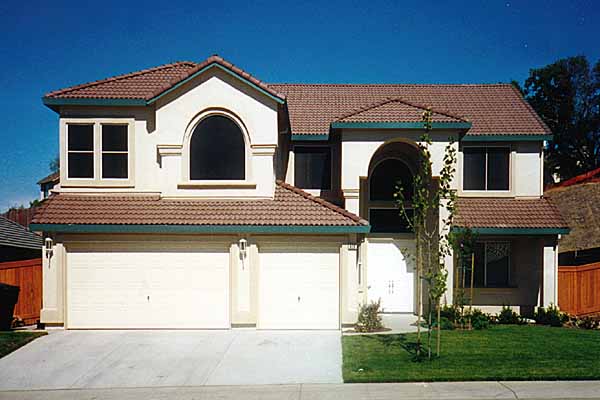DEMOLITION COSTS
Understanding Demolition Costs in Real Estate
In the realm of real estate, demolition costs represent a crucial aspect of property development and reconfiguration. These costs encompass the total expenses involved in the dismantling and removal of existing structures and improvements on a parcel of land. Whether it involves clearing a site for redevelopment, removing dilapidated structures, or making way for new construction, understanding and factoring in demolition costs is essential for real estate developers, investors, and property owners.
Factors Influencing Demolition Costs
Several factors contribute to the determination of demolition costs, including:
Size and Complexity of the Structure:
Larger and more complex structures generally entail higher demolition costs due to the increased labor, time, and resources required for their removal.
Materials and Hazardous Substances:
The composition of the structure and the presence of hazardous materials such as asbestos, lead paint, or other contaminants can significantly impact the complexity and cost of demolition.
Site Accessibility and Restrictions:
The ease of access to the site and any restrictions or regulations governing demolition activities can influence the overall costs involved.
Waste Disposal and Environmental Considerations:
Proper disposal of demolition waste and adherence to environmental regulations add to the overall costs of demolition.
Importance in Real Estate Transactions
Understanding and accurately estimating demolition costs is integral to various real estate endeavors, including:
Property Development and Redevelopment:
Developers need to account for demolition costs when assessing the feasibility and profitability of a redevelopment project.
Renovation and Rehabilitation:
Property owners considering renovation or rehabilitation projects must factor in the costs of demolishing existing structures or interior elements.
Renovation and Rehabilitation:
Property owners considering renovation or rehabilitation projects must factor in the costs of demolishing existing structures or interior elements.
Land Acquisition and Assemblage:
When acquiring land for future development or assemblage, potential buyers need to evaluate the demolition costs associated with existing structures to determine the overall investment required.
Conclusion
In conclusion, demolition costs play a pivotal role in the landscape of real estate development and property reconfiguration. By comprehensively assessing and accounting for these costs, real estate stakeholders can make informed decisions regarding property acquisitions, development projects, and renovation endeavors. Moreover, a clear understanding of demolition costs empowers stakeholders to accurately evaluate the financial implications of property transactions and development initiatives, ultimately contributing to prudent and sustainable real estate practices.
Understanding the nuances of demolition costs is essential for fostering informed decision-making and financial prudence in real estate endeavors. By integrating the assessment of demolition costs into their strategic planning and investment analyses, real estate professionals can navigate property development and reconfiguration with foresight and precision, thereby optimizing the utilization and value of real estate assets.
MORE REAL ESTATE TERMS
A, B, C, D, E, F, G, H, I, J, K, L, M, N, O, P, Q, R, S, T, U, V, W, X, Y, Z
Featured New Home

Featured Mortgage Brokers
- MOVEMENT MORTGAGE LLC, RICHMOND, VA
5014 MONUMENT AVE
RICHMOND, VA 23230 - CSTONE MORTGAGE INC, SAN DIEGO, CA
4545 MURPHY CANYON RD STE 213
SAN DIEGO, CA 92123 - HIGH TECH LENDING INC, CITRUS HEIGHTS, CA
7777 GREENBACK LN STE 210
CITRUS HEIGHTS, CA 95610 - American Finance-Thomasville, mortgage broker in Thomasville, GA
15179 US Hwy 19 South
Thomasville, GA 31792 - BANK OF AMERICA NA CHARLOTTE, FOREST HILLS, NY
10510 QUEENS BLVD STE 2
FOREST HILLS, NY 11375